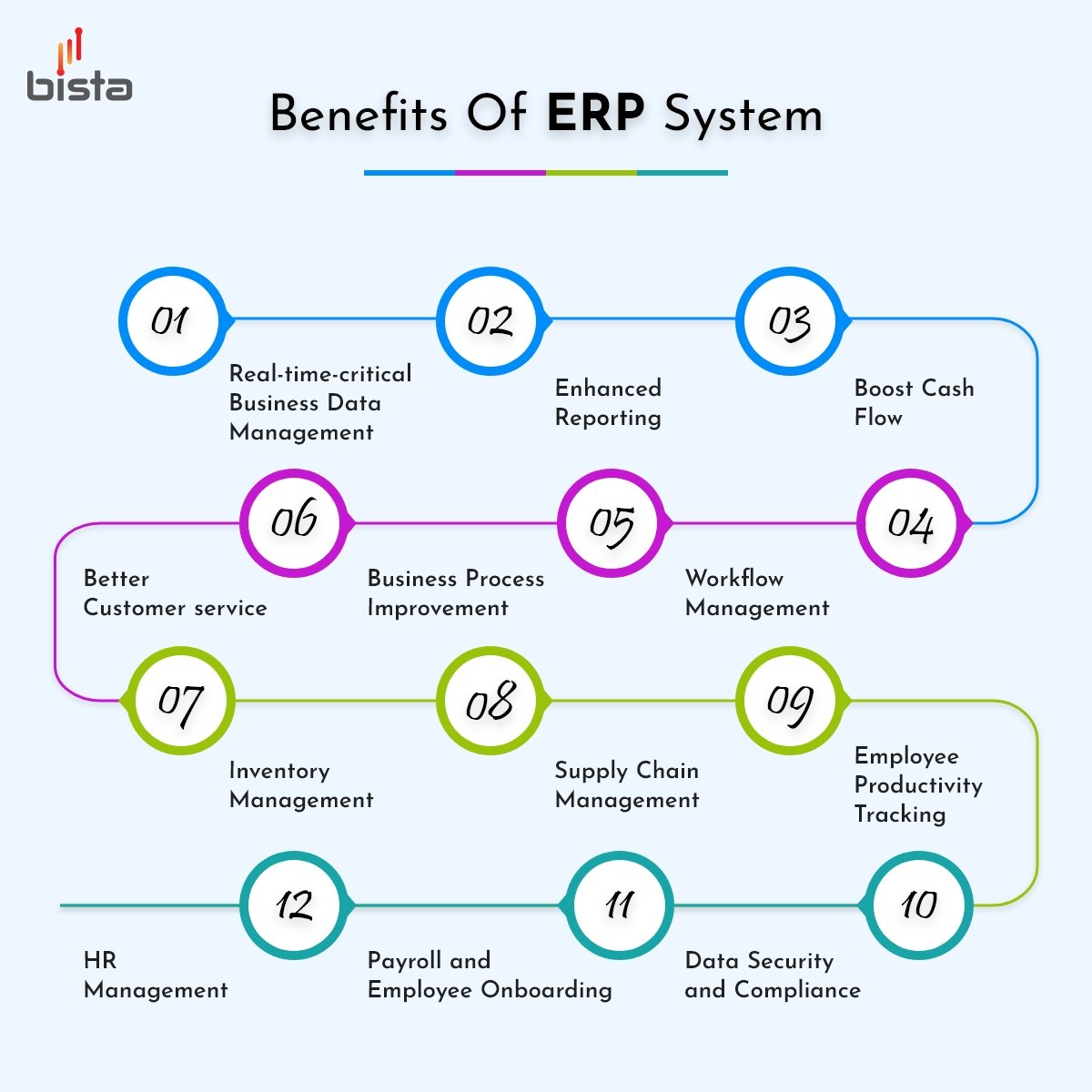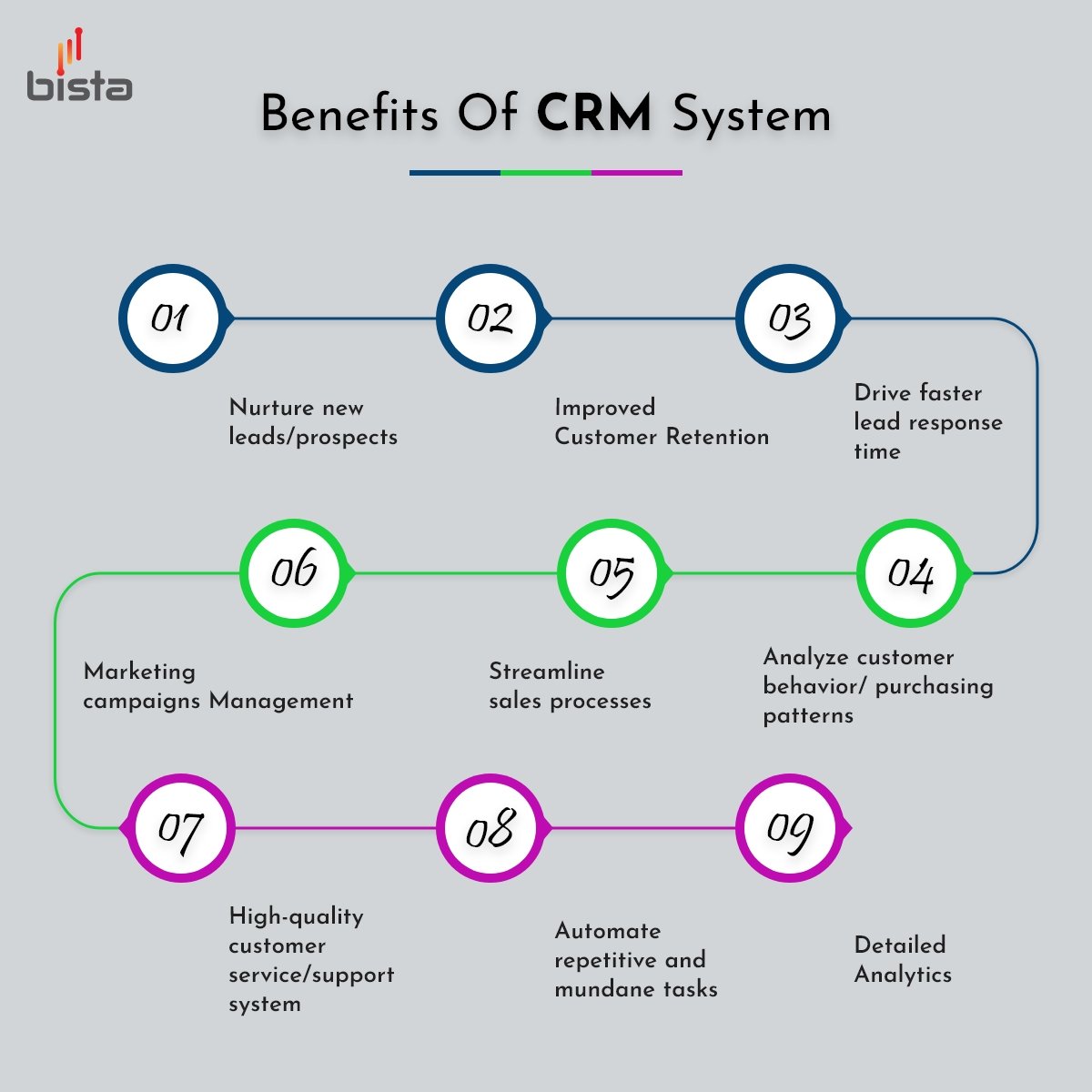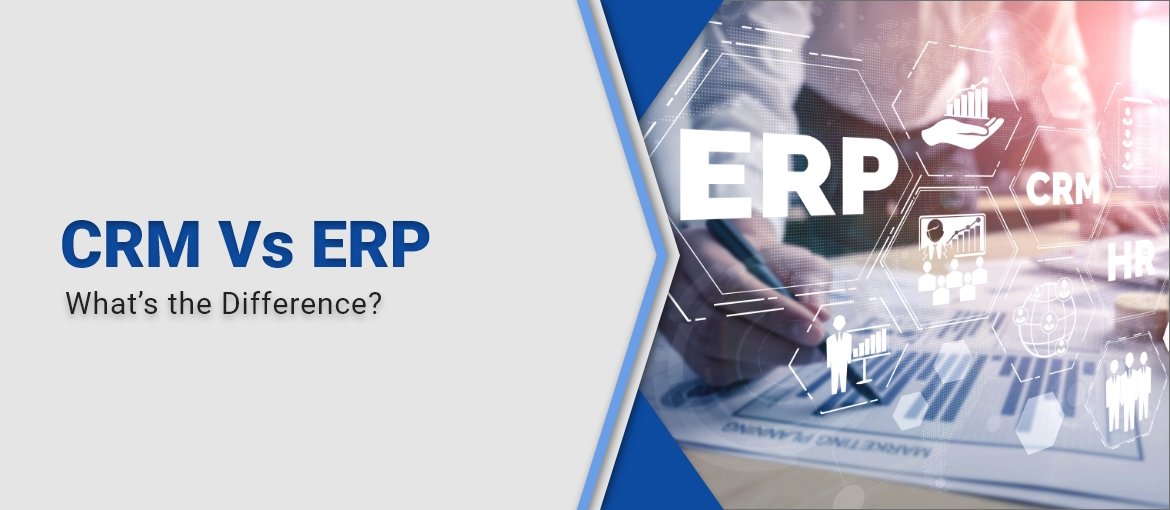CRM vs. ERP: What’s the Difference?
CRM Vs ERP: What’s the Difference?
CRM and ERP ultimately have a similar role, but their functionality varies greatly. Knowing the differences between the two technologies as a business owner can help you decide which one is preferable for your company when it comes time to make a technological shift.
It’s crucial to take into account some of the differences between the two systems while choosing between CRM and ERP. An ERP, for example, can streamline corporate operations across a variety of workflows. CRM, on the other hand, is a more specialized solution. In the end, the key distinction between them is scope. Many ERP packages incorporate significant CRM capabilities either out of the box or as an easily added-on module.
Let’s Understand Further-:
What is an ERP?
ERP software contains functions for different company processes, such as accounting, human resources, inventory control, and distribution. By combining diverse methods, the goal is to centralize information and simplify operations. Many systems are customizable or programmable, which allows users to add modules or features to meet their specific business needs.

What is a CRM?
CRM software collects client interactions in one location to enhance customer satisfaction and experience. Among other things, CRM helps handle bills, make sales estimates, track customer-related conversations and leads, and establish sales funnels to nurture potential clients.

Businesses that want to develop as quickly as possible frequently ask which system to put in place initially. Because both CRM and ERP offer specific benefits, choosing between them might be challenging. And both help in giving your business a competitive edge through technological advancement. Choosing the Right Implementation partner to execute the technology will be the deciding factor in success.




